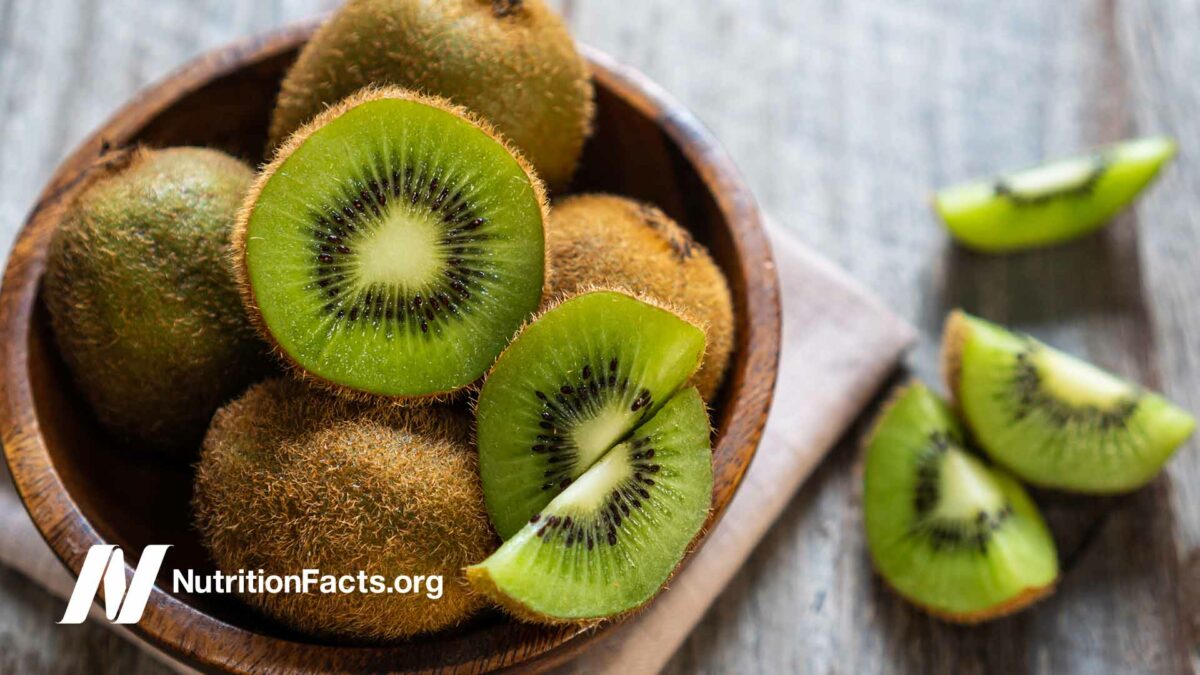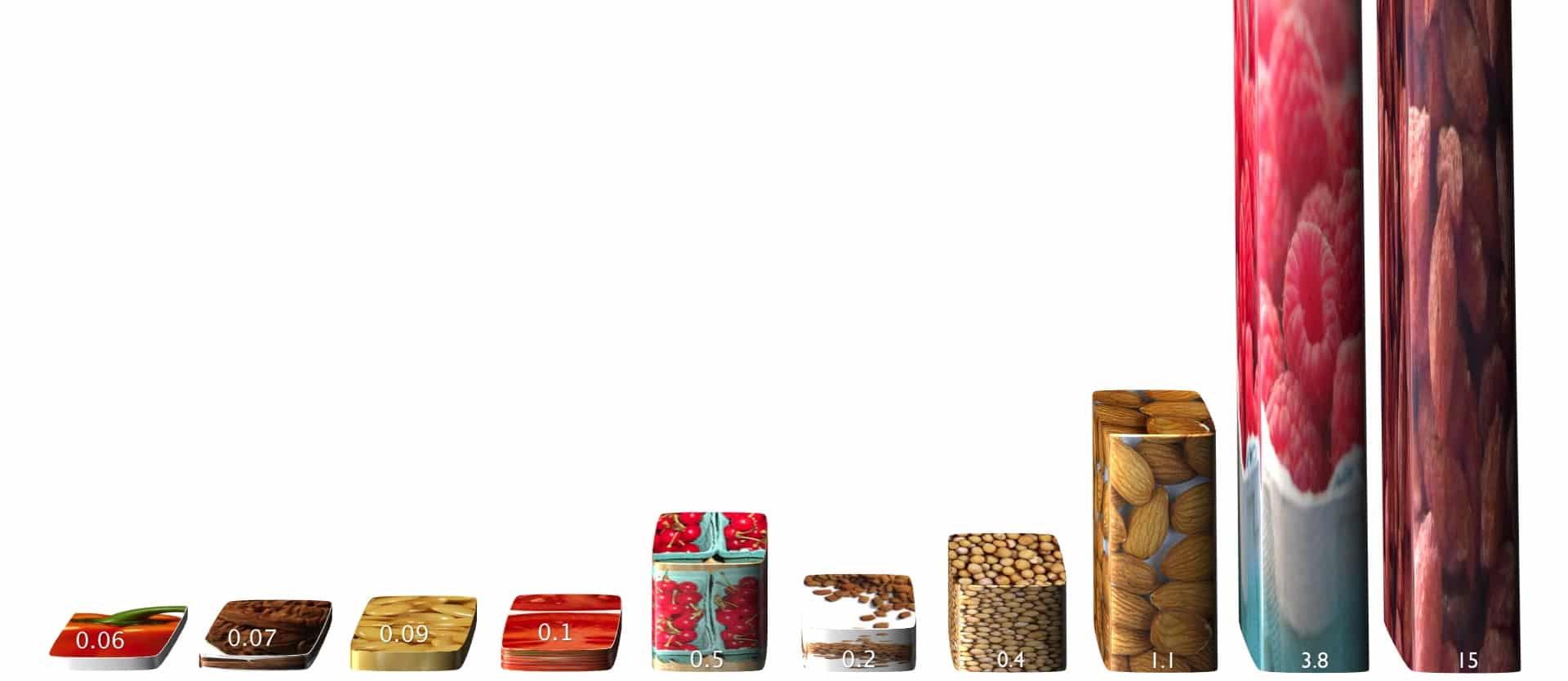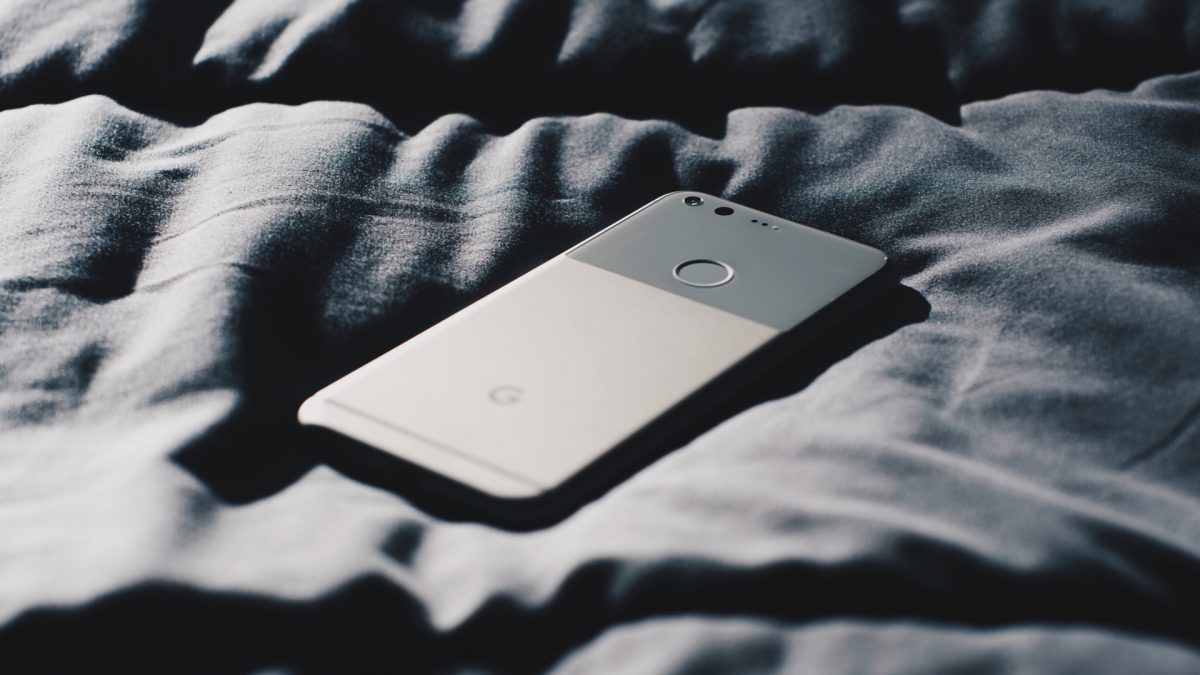
Insomnia
Insomnia may cause as much frustration as exhaustion. What is the best way to sleep better? Sleeping pills are a nonstarter. People prescribed fewer than 18 pills a year of hypnotics, the class of sleeping pills including Ambien, appear to have triple the hazard of dying prematurely, and nonpharmacological methods have been found to work as well or even better than the drugs.
The recommended first-line treatment for insomnia is cognitive behavioral therapy, combining conditioning techniques to reassociate the bed with sleep and education surrounding optimal sleep hygiene.
Four Rules of Sleep Conditioning
- Go to bed only when you’re sleepy.
- Only use the bed for sleep (and sex). No reading, eating, or screen time.
- If you can’t fall asleep within fifteen to twenty minutes or so, get up, leave the bedroom, and don’t go back until you’re sleepy again. Repeat as necessary.
- Get up at the same time every morning no matter how little sleep you have had.
Four Rules of Sleep Hygiene
- Exercise regularly.
- Avoid caffeine, nicotine, and alcohol before bedtime.
- Make the bedroom dark, cool, comfortable, and quiet.
- Establish a relaxing bedtime routine.
The best time to exercise to improve sleep appears to be four to eight hours before bedtime, and it seems to be a myth that exercising right before bed is somehow disruptive.
The majority of research does not show that daytime naps interfere with nighttime sleep, though hefty caffeine doses up to six hours before bedtime can, as may late-afternoon alcohol consumption. Nicotine in any form may also have negative sleep effects—though active nicotine withdrawal may as well.
Nocturnal noise can adversely impact sleep even if you aren’t consciously aware of it. Earplugs and sound masking, such as with a white noise machine, have been shown to help, as have relaxation techniques, such as massage, mindfulness meditation, and soothing music, as well as taking a hot bath or shower.
Food-wise, low fiber intake and high intakes of saturated fat and sugar are associated with lighter, less restorative sleep, while meat intake is associated with napping, suggested to be a proxy for sleepiness, which may help explain why insomnia is a reported side effect of ketogenic diets.
For substantiation of any statements of fact from the peer-reviewed medical literature, please see the associated videos below.
Popular Videos for Insomnia


Natural Dietary Remedy for Insomnia
Lactucin, the hypnotic component of lettuce, is put to the test in a randomized, double-blind,...
Tart Cherries for Insomnia
The melatonin content in certain plant foods such as almonds, raspberries, and goji berries may...
Do Mobile Phones Affect Sleep?
The effects of cell phone radiation on sleep quantity and quality.All Videos for Insomnia
-

How to Get a Good Night’s Sleep Without Sleeping Pills
Taking less than just 18 Ambien-class sleeping pills in an entire year may triple the risk of dying prematurely.
-

Natural Dietary Remedy for Insomnia
Lactucin, the hypnotic component of lettuce, is put to the test in a randomized, double-blind, placebo-controlled trial of lettuce seeds.
-

Do Antidepressant Drugs Really Work?
Freedom of Information Act documents show drug companies hid critical findings from doctors and the public.
-

Aspartame and the Brain
The reason artificially sweetened beverages have been associated with depression may be because of psychological disturbances recently tied to aspartame (“Equal” or “NutraSweet”).
-

Anti-Inflammatory Life Is a Bowl of Cherries
Sweet red Bing cherries may act as a selective COX-2 inhibitor, reducing inflammation without the damage to our stomach and gut lining caused by NSAID drugs like ibuprofen.
-

Tart Cherries for Insomnia
The melatonin content in certain plant foods such as almonds, raspberries, and goji berries may explain the improvement in sleep quality associated with tart cherry consumption.
-

Kiwifruit for Insomnia
Two kiwi fruit an hour before bedtime may improve sleep quality and duration, without the side effects associated with sleeping pills.
-

Fibromyalgia vs. Mostly Raw & Mostly Vegetarian Diets
How plant-based does one’s diet need to be in order to effectively treat fibromyalgia?
-

Fibromyalgia vs. Vegetarian and Raw Vegan Diets
Plant-based diets may be effective for the treatment of fibromyalgia, a painful condition suffered by millions.
-

Saffron for the Treatment of PMS
The spice saffron appears to improve both the emotional and physical symptoms of premenstrual syndrome.
-

Chamomile Tea May Not Be Safe During Pregnancy
For the same reason aspirin should be avoided in pregnancy, chamomile has such powerful anti-inflammatory properties that regular consumption may result in a serious fetal heart problem—premature constriction of the fetal ductus arteriosus, which allows the fetus to “breathe” in the womb.
